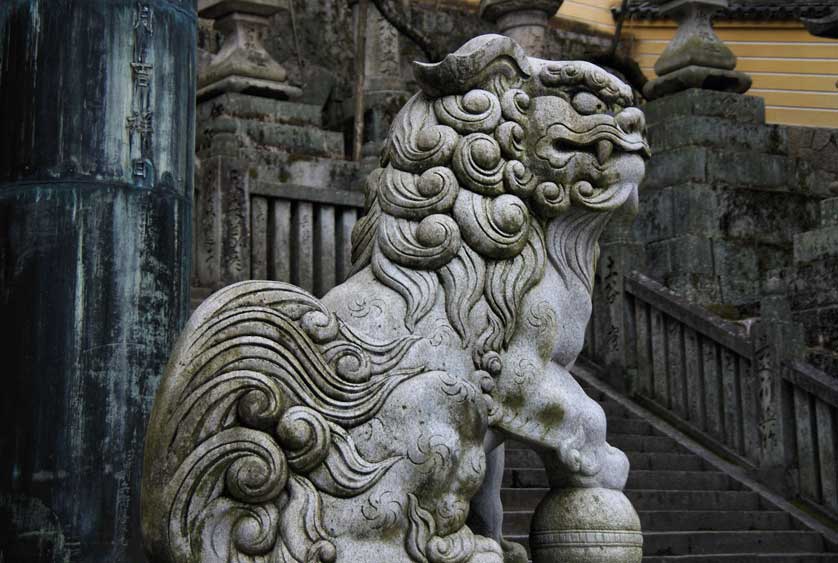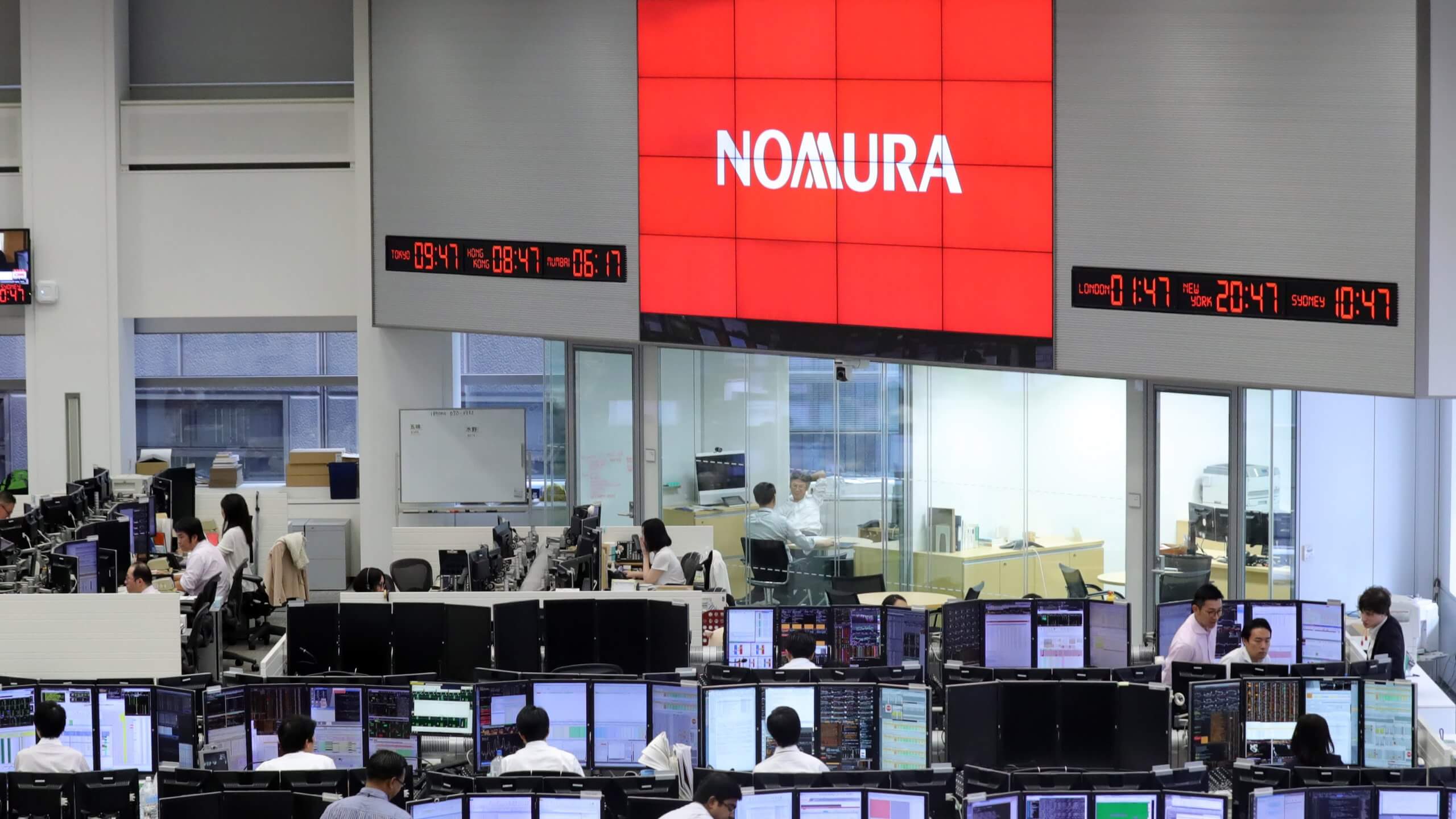 Japan megabank Nomura launches Bitcoin and crypto custody for institutional investors
Japan megabank Nomura launches Bitcoin and crypto custody for institutional investors Japan megabank Nomura launches Bitcoin and crypto custody for institutional investors

Cover art/illustration via CryptoSlate. Image includes combined content which may include AI-generated content.
Institutional investors are coming in hard and fast to the crypto market and, whether you like it or not, seem like they are here to stay.
“Komainu”
Japan’s top financial services and banking firm Nomura launched its much-awaited Bitcoin custody service for institutional investors this week, after over two years of development and clearing regulatory hurdles.
Partnering with the megabank are crypto firms Ledger and CoinShares, a hardware wallet and investment fund respectively. The three have worked on the project since 2018.
Called “Komainu,” the custodian service will support Bitcoin, Ether, and other large-cap cryptocurrencies. The service has been audited by and is compliant with the U.S. Jersey Financial Services Commission.
Interestingly, Komainu is a Chinese word meaning “guardian lion,” presumably signifying how aggressively the Komainu Bitcoin custody trio want to protect client assets.

Jean-Marie Mognetti, the co-founder and CEO of CoinShares, is head of Komainu. He joined by Andrew Morfill of Santander, a Ripple client, as Komainu’s Head of Operations.
Why is institutional custody needed?
The so-termed institutionalization of cryptocurrency is jarred by both political and technical issues. Big investors usually purchase upwards of a few million dollars worth of any investment to make it worthwhile.
However, the above aspect makes asset security and storage a primary feature. Stocks, bonds, and real estate are all highly-secure; but the cryptocurrency’s markets rather complex features are one of the reasons investors shy away.
But services like Komainu help. With a big-name bank like Nomura handling customer funds, millionaire investors can attest the banks’ with control of huge amounts of digital assets — eliminating theft concerns.

Pascal Gauthier of Ledger believes institutions are looking for “compliance and security when it comes to the custody of digital assets.” He told Reuters that the lack of security in digital assets creates a scenario where the institutions’ digital assets “are weaponized against them.”
Mognetti told Reuters:
“What this partnership has highlighted is the need for credible and solid service providers to support industry participants. Komainu bridges the gap by bringing financial expertise and capabilities for institutional clients to feel confident their assets are in safe hands.”
He added pilot trials were conducted with a “small number of clients” for four to five months preceding today’s announcements. One significant advantage, Mognetti claims, is that Komainu can be integrated with the legacy financial and technology found at large firms.
Fulfilling Japan’s BTC demand
With the development, Nomura joins Fidelity Investments and Bakkt as institutional-aimed custody services. Thus far, both firms have not seen huge inflows, with Bakkt performing dismally since its launch last year.
This is not Nomura’s first tryst with cryptocurrencies. The Japan bank launched a crypto-asset benchmark for Japanese investors in January 2020.
Called the NRI/IU Crypto-Asset Index, the benchmark is made up of Bitcoin and Ether, among other large-cap cryptocurrencies. Nomura also sits on the council Hedera Hashgraph, alongside Google and Deutsche Telekom.
Congratulations to @Nomura Research Institute and @MVISIndices with @CryptoCompare on the launch of the first Japanese crypto asset benchmark for institutional investors! Big step forward for #Bitcoin and Japanese financial institutions! ?? ✌️Release: https://t.co/34PcyUymr8 pic.twitter.com/LXmYiLr8Mr
— Gabor Gurbacs (@gaborgurbacs) January 29, 2020
The benchmark pulls information pertinent to the Japanese cryptocurrency market, such data on crypto-yen pairs and closing values in Tokyo time. The product helps local traders and investors to evaluate their portfolio’s performance against the broader equity or bond market.






































































